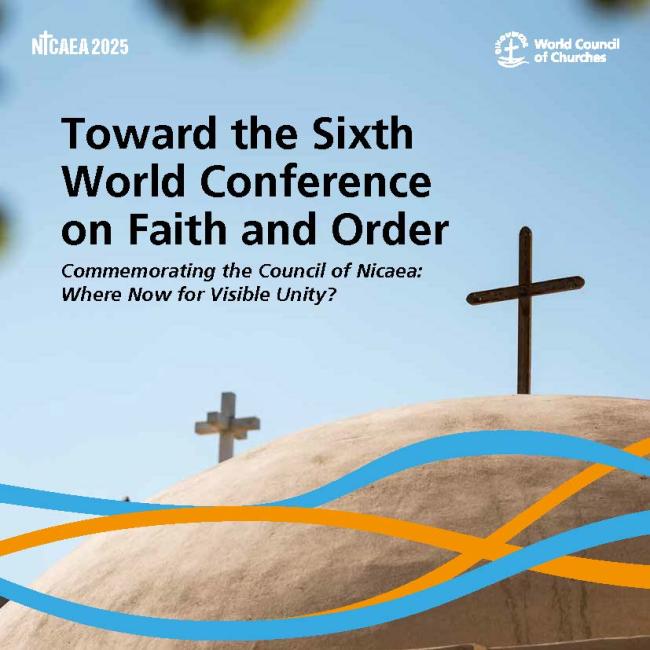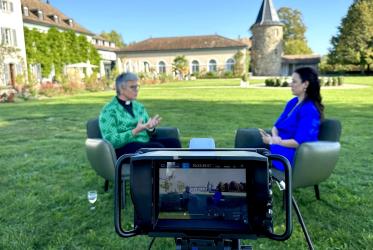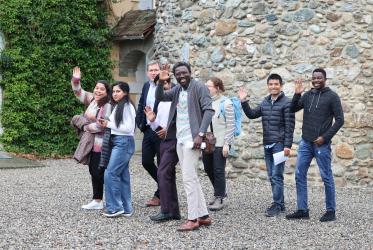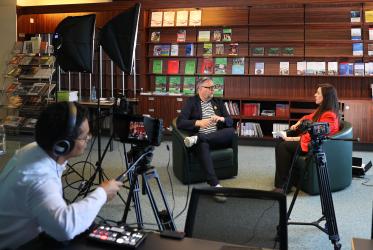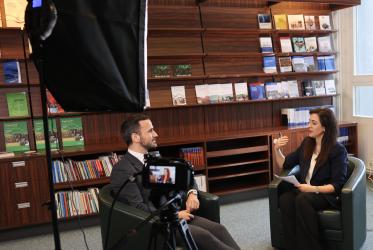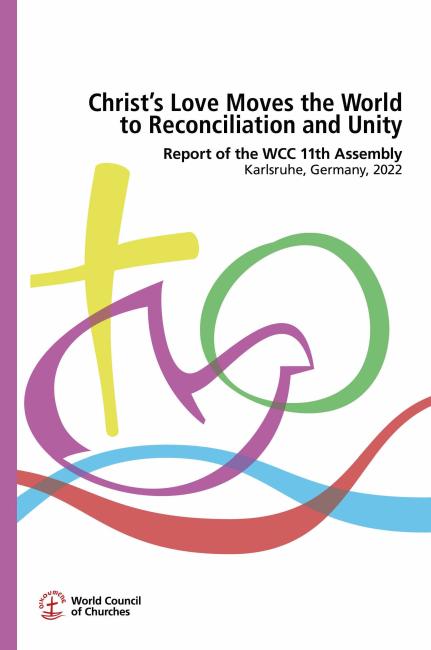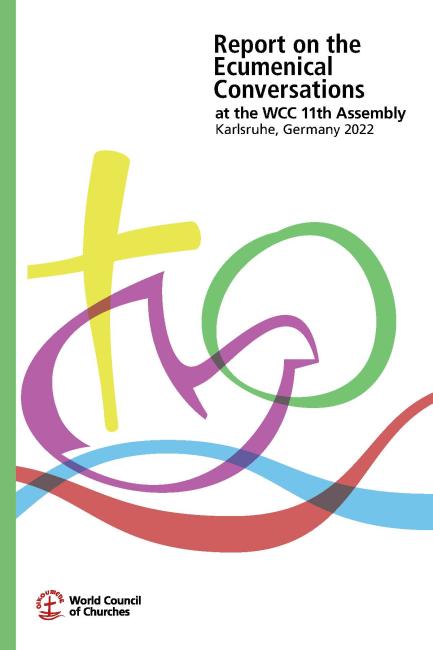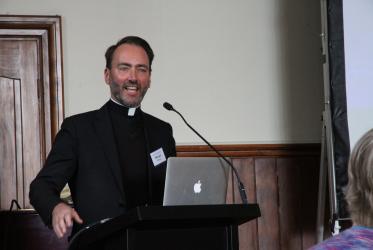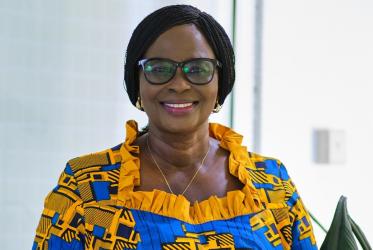Mostrando 1 - 20 de 171
Toward the Sixth World Conference on Faith and Order
Commemorating the Council of Nicaea: Where Now for Visible Unity?
24 Febrero 2024
Ahead of Her Time
Pan-African Women of Faith and the Vision of Christian Unity, Mission, and Justice
01 Noviembre 2023
Chateau de Bossey thriving as lives are transformed
08 Septiembre 2023
The Future of Mission Cooperation
The Living Legacy of the International Missionary Council
24 Marzo 2023




